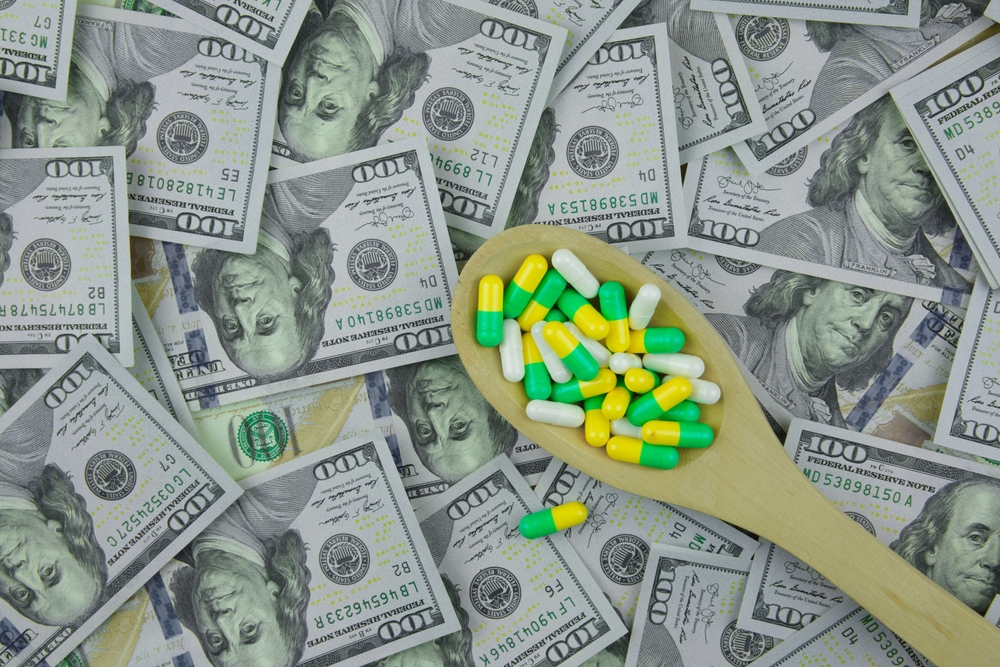Trump’s Tariff Plan on Pharmaceuticals to Impact Drug Manufacturing
President Donald Trump has reaffirmed his plan to impose “major” tariffs on pharmaceuticals imported into the U.S. This move comes despite the temporary relief drugmakers felt last week when the sector was exempted from Trump’s original tariff round. In a recent dinner speech, Trump emphasized that the tariffs would compel pharmaceutical companies to relocate production to the U.S. in response to the high taxes on imported drugs. However, critics warn that this could harm the industry’s research and development efforts.
Potential Impact on U.S. Pharma Industry
Trump’s new tariff policy on pharmaceuticals, although still unclear in detail, could potentially create significant challenges for U.S. pharmaceutical companies. Eli Lilly CEO David Ricks expressed concerns that these tariffs would lead to reduced research and development funding, as companies would need to absorb the costs of tariffs. These costs might result in cuts to staff or R&D departments. Despite this, Eli Lilly has already invested $50 billion in new U.S. manufacturing plants to reduce dependence on foreign production.
Impact on Drug Prices and Production
The proposed tariffs on pharmaceutical imports could drive up drug prices in the U.S. even if companies shift production to domestic facilities. Analysts warn that transitioning production to the U.S. would take years and incur additional costs compared to manufacturing abroad. David Risinger of Leerink Partners noted that the tariffs would likely lead to increased medication prices, affecting patients’ access to affordable drugs.
Which Companies Are Most Affected?
The impact of these tariffs on pharmaceutical companies depends on their manufacturing distribution. Companies like Eli Lilly, Bristol Myers Squibb, and AbbVie, which have a significant portion of their manufacturing in the U.S., are better positioned to handle these tariffs. However, companies like Novartis and Roche, with fewer U.S.-based plants, could face greater challenges due to their reliance on foreign production for active ingredients.


